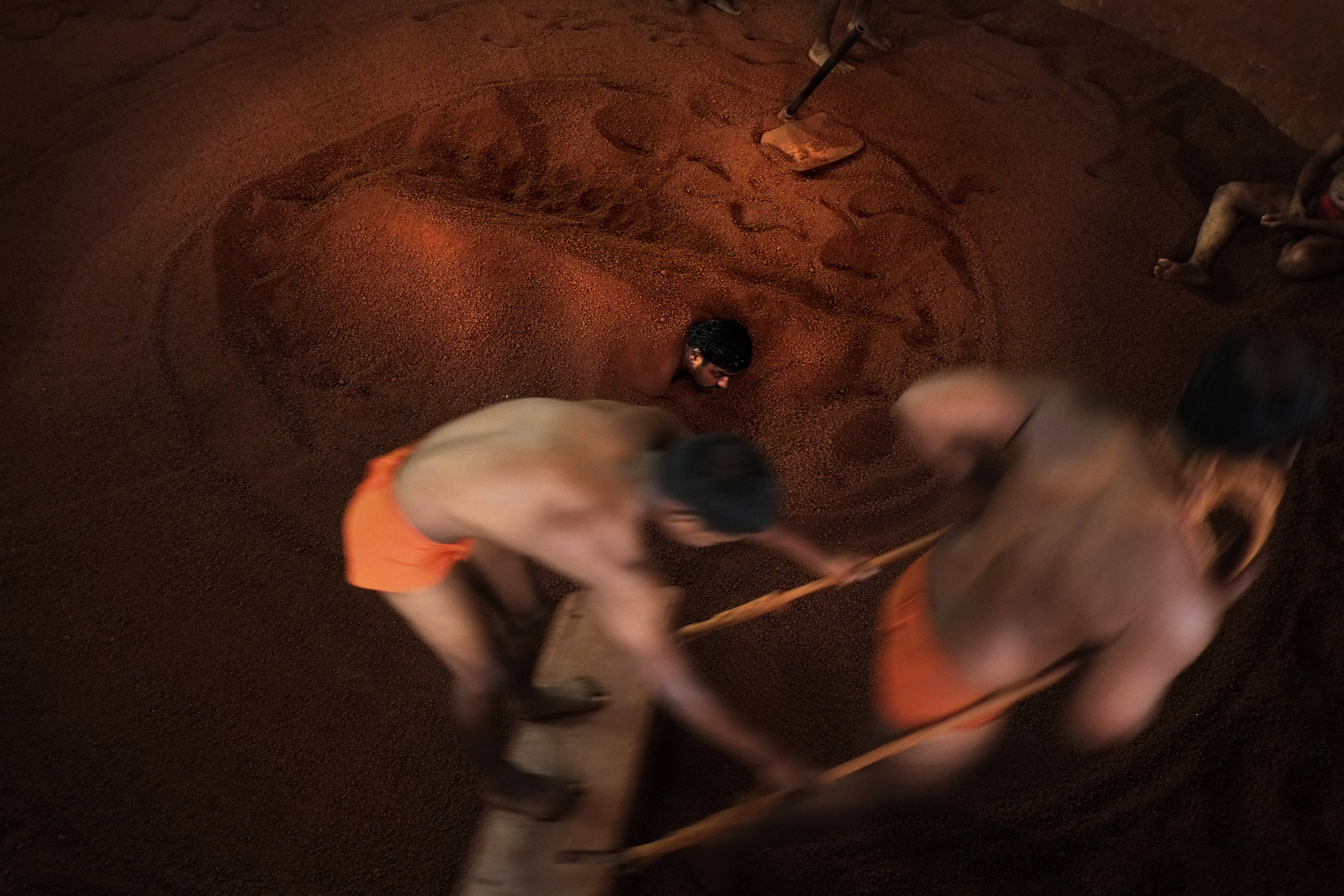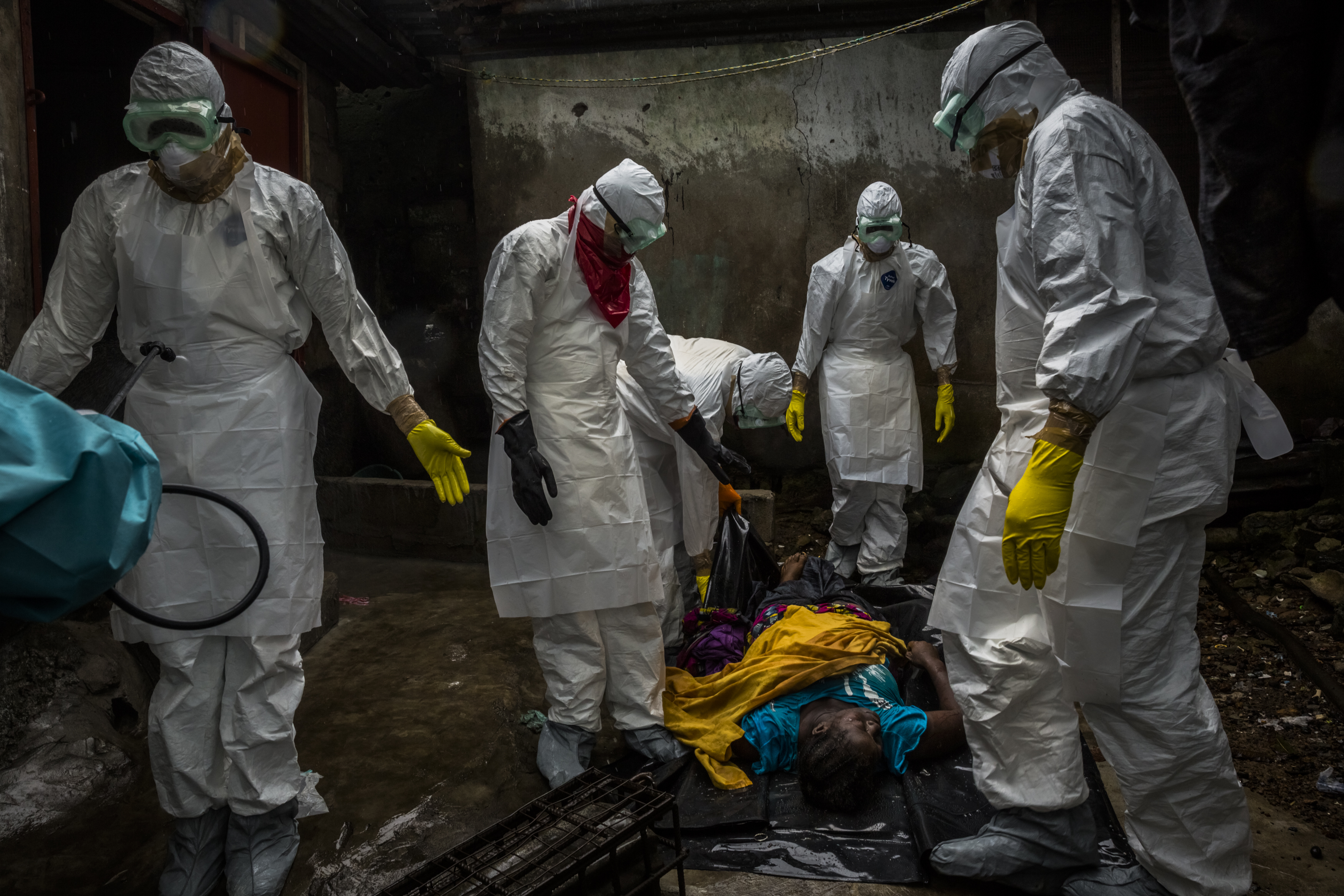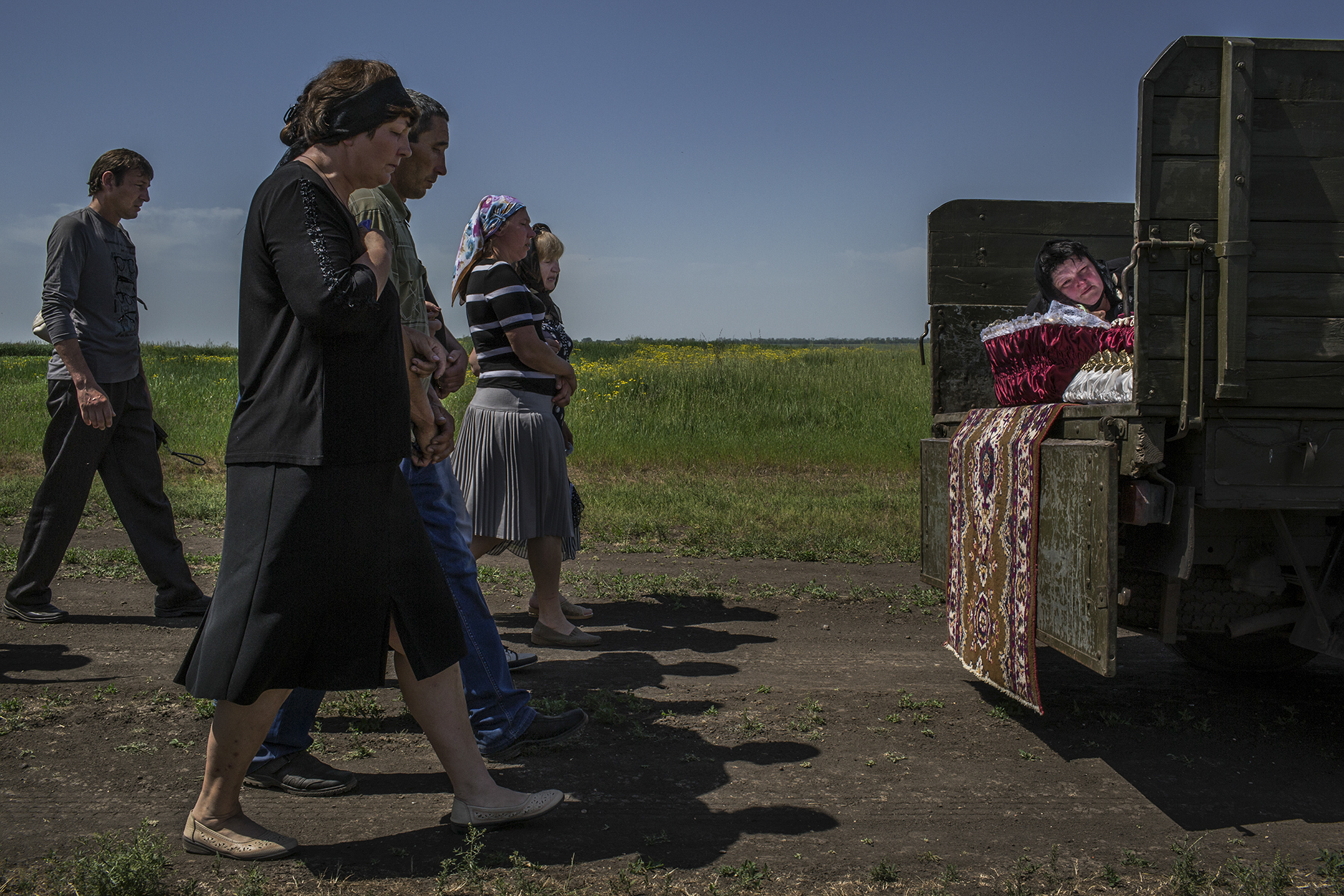Working as a photojournalist while your people are under the bombs
 11/02/2015
11/02/2015
“I have never covered conflict in another country. But I am certain it is different to report on it at home.” Abd Doumany, freelance photographer and AFP contributor based in Douma, gave a gripping tale of his work under the bombs in Syria.
The month of February is still young when Abd is woken up by a terrible yet familiar noises. The rebel-held part of the Damascus suburbs is being bombed. Again.
“The bombing doesn’t stop until sunset. The government jets target everything. Apartment blocks, mosques, schools, even a hospital. The assault is in reprisal for a major rebel attack that left 10 dead in the capital the day before”, he wrote in Eye witness, one of Agence France Presse’s blog.
As he has taken to doing in such cases, he head down to the makeshift clinic, where he witnesses “the most awful scenes you could imagine”.
“The medical situation is appalling. Blood everywhere, Children screaming and women crying. From what I can see, half the injured are women, although we cannot take their picture in these conditions, out of respect”, he recalls.
The Syrian Observatory for Human Rights says they killed at least 82 people, 18 of them children. The worst strike since the start of the conflict four years ago.
“I know these are terrible scenes I am documenting”, Abd says. “But behind them there is unseen horror too. The images I don’t use – the ones too shocking, of people without limbs or heads – hurt me for nights on end. They’re impossible to get out of my mind.”
Abd was shot in the leg by a sniper early in the conflict and was bed-ridden for 18 months. With little else to do but hope, he began to think.
“It pained me that the world knew so little of what how terrible the situation is in Syria, and in my city in particular. And I could do nothing about it.”
But Abd’s Domany tale isn’t really one of resentment. It is a story of courage and resilience. “I see it as my duty to document people’s suffering. I also think it hurts much more, every detail, every story, because this is my home and these are my people. There are also a lot of scenes that you don’t document out of respect.”
Quotes from the AFP blog Eye witness.













